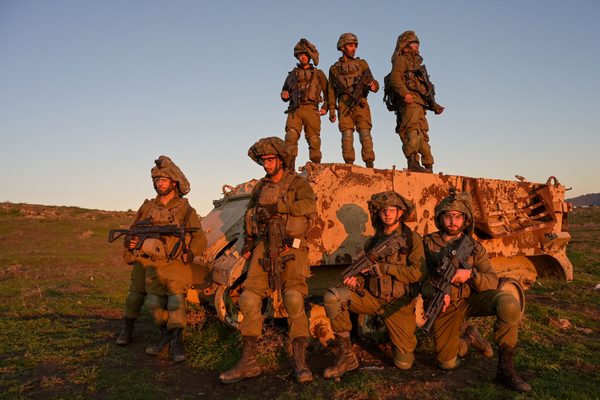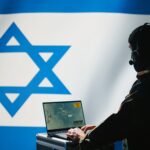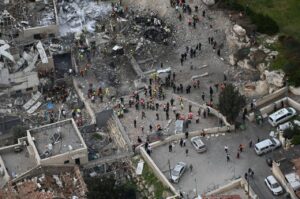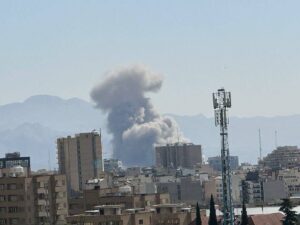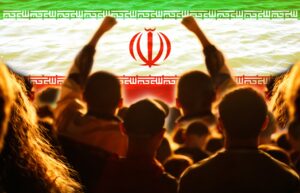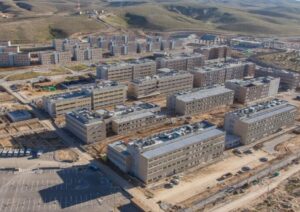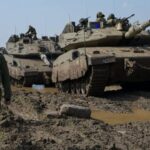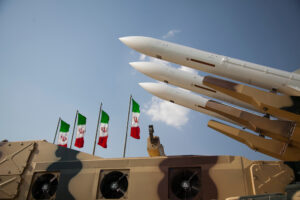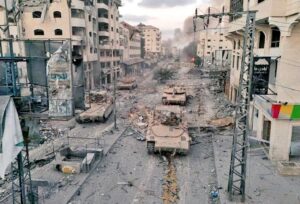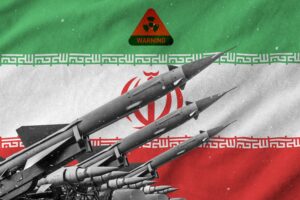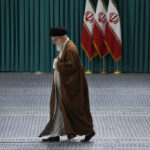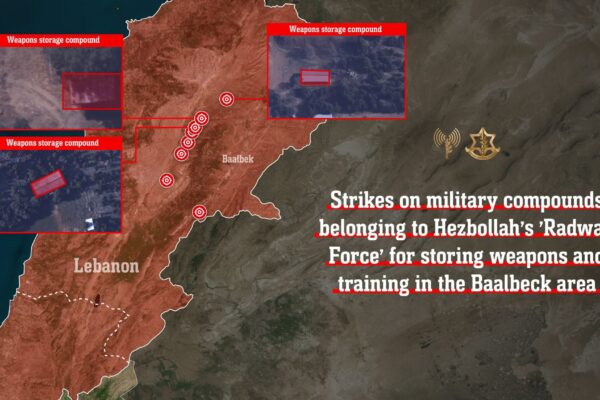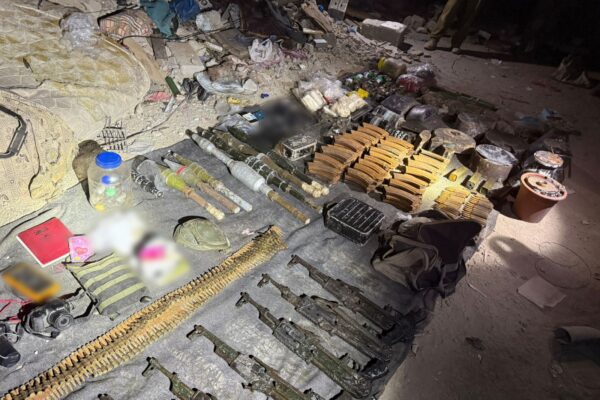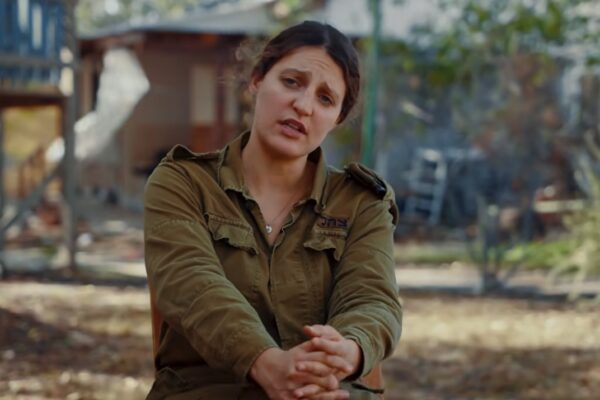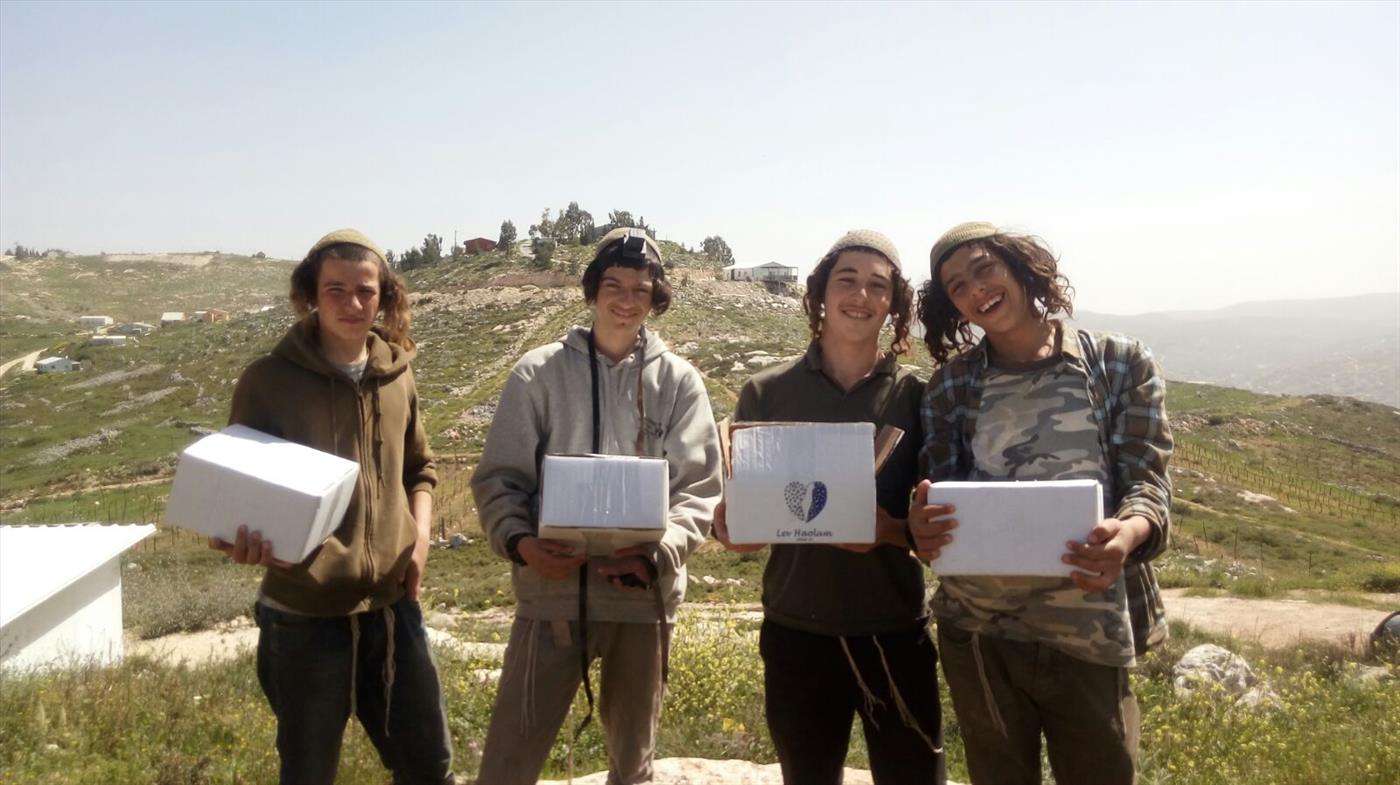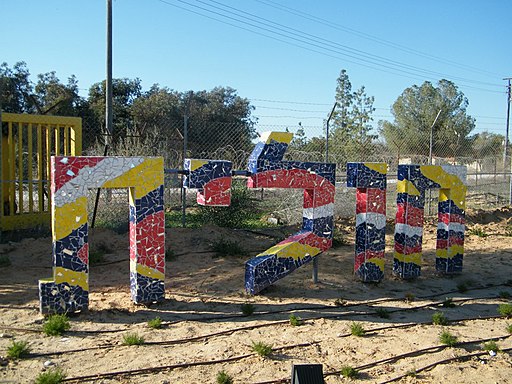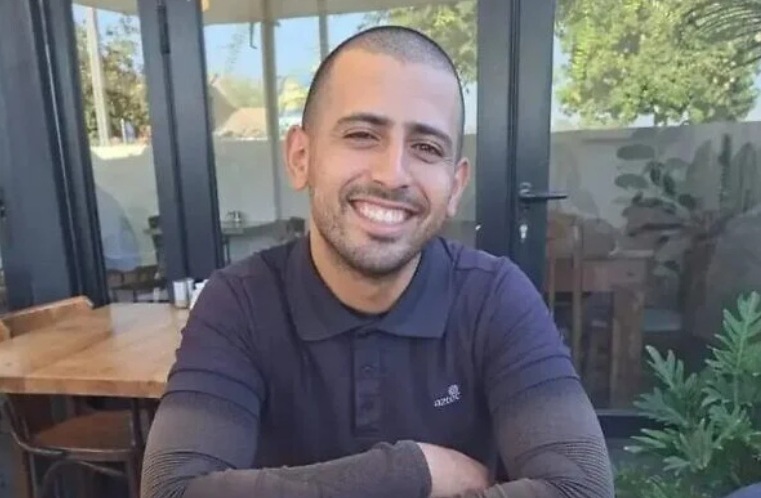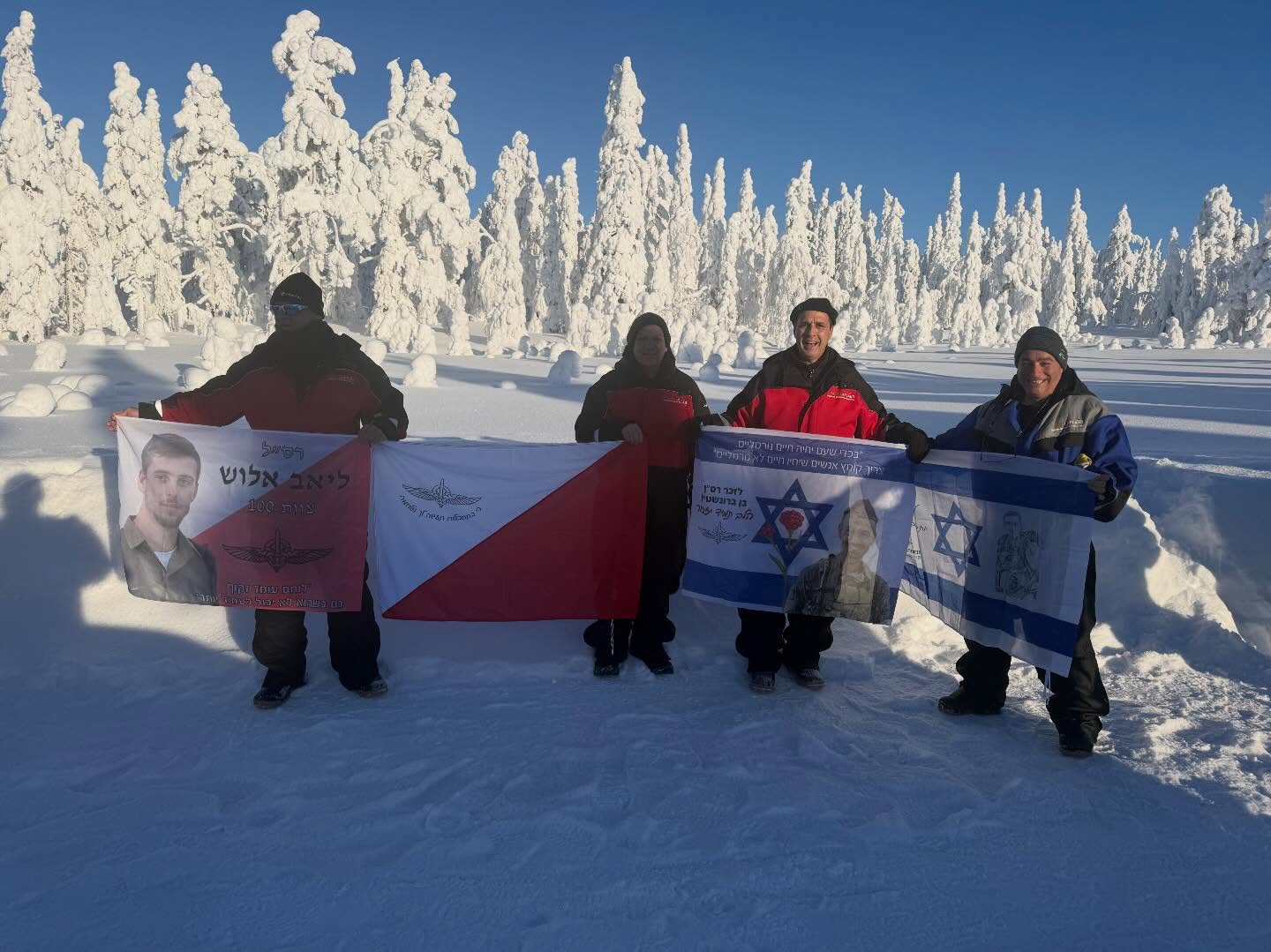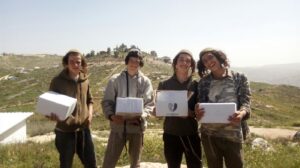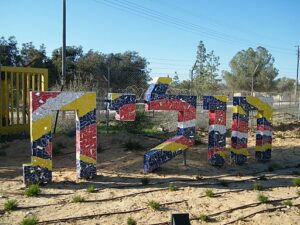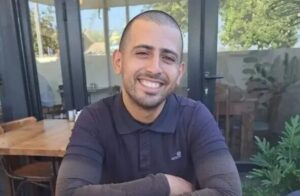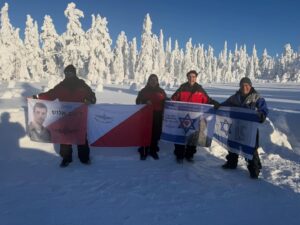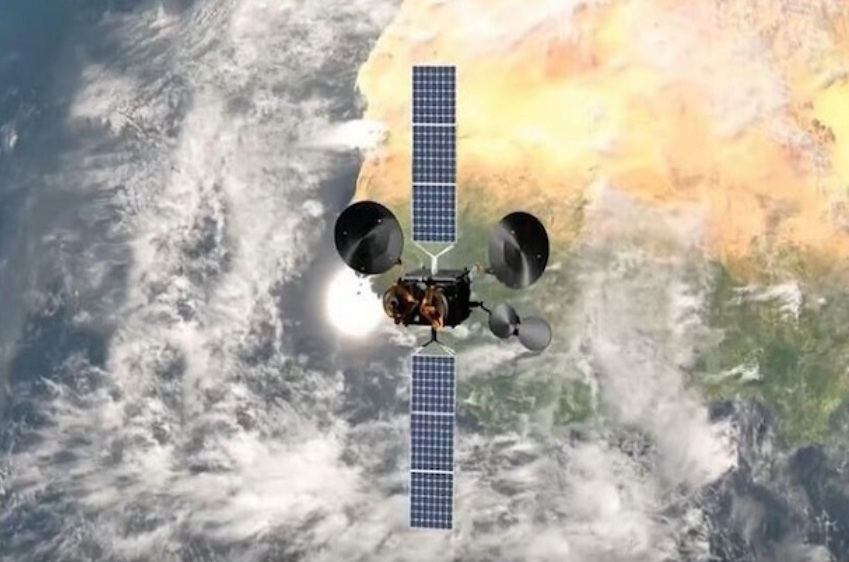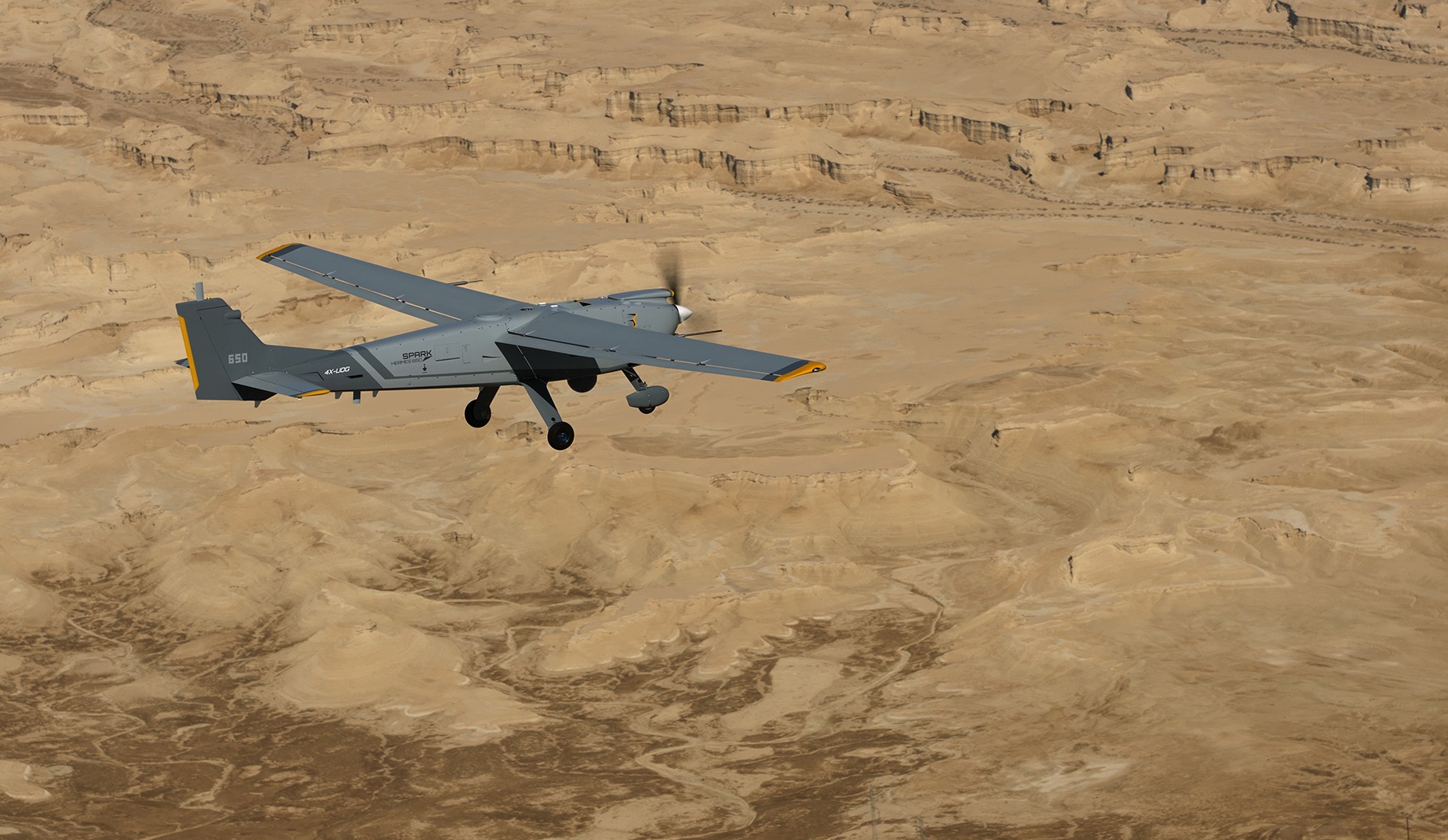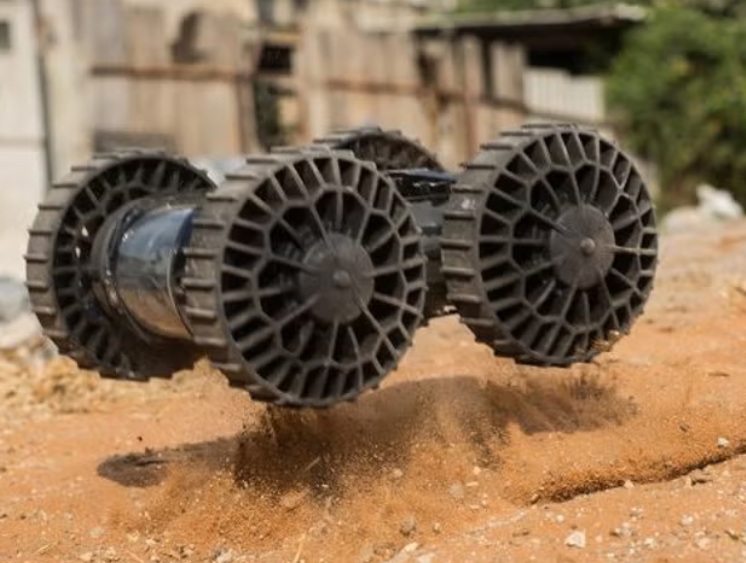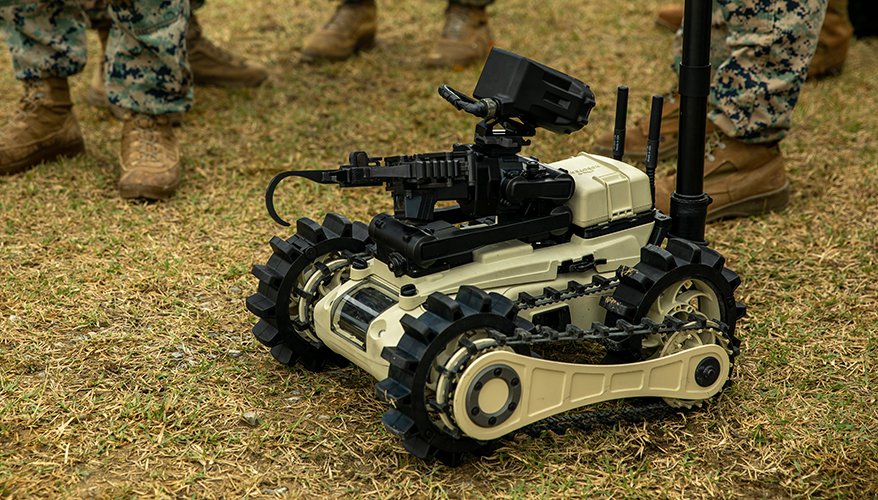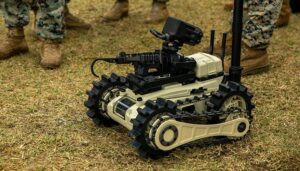Volunteers for Garin Tazabar have increased by over 75% in the last year alone.
By Hezy Laing
There has been a significant increase in diaspora Jews volunteering for the IDF in recent years, especially through the Garin Tzabar program.
Garin Tzabar, seen as the premier support system for IDF lone soldiers, helps young Jewish adults from around the world make Aliyah, adjust to life in Israel, and serve as soldiers while being integrated into Israeli society through host communities like kibbutzim or purpose-built campuses.
Since its founding in 1991, the Garin Tzabar program has supported over 5,500 young diaspora Jews and recent cohorts have numbered in the hundreds annually—with a marked surge post-October 7, 2023, due to renewed interest in supporting Israel.
New facilities, such as the one opened in 2025 in the Galilee, are specifically designed to integrate North American lone soldiers alongside Israeli peers, evidencing growing demand and larger incoming groups.
Motivations for joining include Zionism, backlash against antisemitism abroad, personal or family history, and the desire for deep social and historical connection to Israel.
Garin Tzabar provides a comprehensive support network—from pre-army preparation, Hebrew learning, and army bureaucracy to housing and emotional guidance.
It offers new recruits not only logistical aid but also a sense of belonging, crafting a “family for life” within host communities.
New models, like pluralistic campuses, bridge the gap between Israeli and lone soldiers, broadening the appeal for Jews of diverse backgrounds.
Many diaspora Jews cite ideological reasons, antisemitism abroad, and the search for community as major factors in their decisions to join via Garin Tzabar.
The program is seen as instrumental in helping lone soldiers overcome isolation, providing both communal and practical support for successful army service and ongoing life in Israel.
There is a clear upward trend in diaspora Jews, especially Americans, volunteering for the IDF through Garin Tzabar, reflecting changing social and political dynamics and the increased capacity and support provided by the program.


